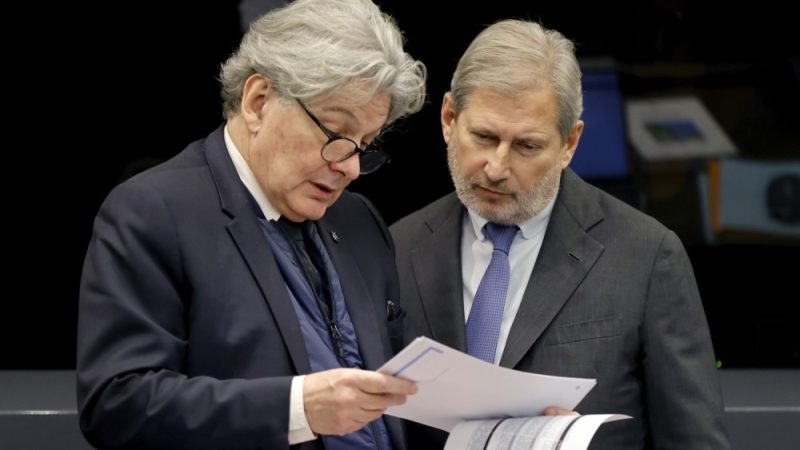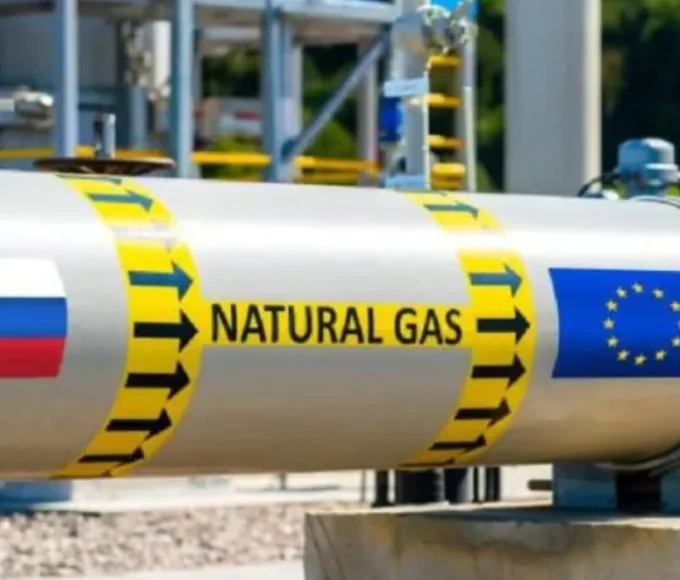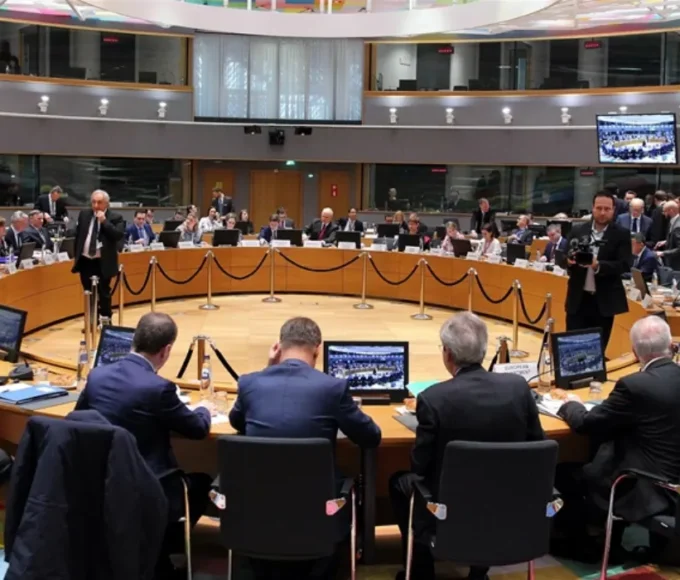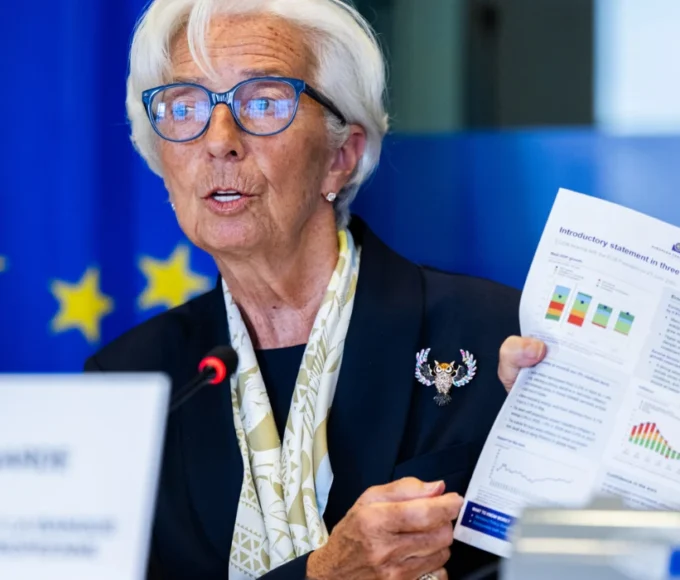European Internal Market Commissioner Thierry Breton proposed on Tuesday (9 January) a €100 billion fund to boost EU defense industry production and collaboration between member states, businesses and the other actors.
The European Commission is preparing to unveil, on February 27, the brand new European Defense Industrial Strategy (EDIS). The latter aims to strengthen the arms and munitions production capacity on the continent, while encouraging cross-border cooperation.
“To ensure that the whole industry works ever more together, we need to put in place incentive measures,” Mr Breton, head of the defense industry portfolio at the European Commission, said on Tuesday. .
“I believe that we need a significant defense fund, to help – even accelerate – [production], probably of the order of 100 billion euros,” indicated Mr. Breton during an event organized by the liberal political group Renew Europe.
“Suppose you work together — as was done for the European Defense Fund [EDF] — four countries, different companies, including small and medium-sized companies, well we can help you by supporting this in advance. what you are going to do,” said Mr. Breton, giving more details on possible incentives.
In recent months, European defense industries, EU Member States and other key stakeholders have been able to send their ideas and proposals for the development of the strategy by responding to questionnaires sent by the Commission.
The European Commission has already presented different programs to help Member States and industries boost production by financing joint purchases for Ukraine under the Instrument to Strengthen the European Defense Industry through joint acquisitions (EDIRPA) and investing in munitions production lines as part of the Ammunition Production Support Action (ASAP).
18 months to adapt
Thierry Breton also insisted on the fact that it was “entirely” possible for the European Union to achieve its objective of producing one million artillery shells, which Member States had committed to last year. last to be provided in March to Ukraine.
Despite caution expressed by EU foreign policy chief Josep Borrell, as well as national ministers such as German Defense Minister Boris Pistorius, Breton said Europeans will stick to their commitment “to here March or April.”
“But this is not enough, because we need to make sure that our forecasts more or less correspond to Russia’s production,” he continued, adding that he was convinced that “within 18 months or two years to come, we will be at the same level as Russia.”
The current EU budget, however, does not provide a sufficient financial envelope to achieve such a goal, which would most likely rely on support from private financing sources, such as banks.
At their last summit in December, European leaders reiterated their call for a “strengthening of the role of the European Investment Bank Group in supporting European security and defence”, although the bank, which is led by EU finance ministers, has so far remained reluctant to finance investments in the field of defense.
More information on February 1
Mr. Breton said his team was currently finalizing a “position on the defense industry for the end of February,” “which will be discussed at the next European summit” scheduled for February 1.
German Chancellor Olaf Scholz said on Monday (7 January) that member states needed, by 1 February at the latest, “as precise an overview as possible of the concrete contribution that our European partners will make to support of Ukraine this year.”
A debate over the results among EU leaders is expected to increase pressure on countries like France, Italy and Spain, which have given comparatively little military hardware to Ukraine so far, d ‘after publicly available information.
According to the Kiel Institute, which tracks public pledges of military aid to Ukraine, Germany was the second largest donor last year, just behind the United States, with 17.1 billion euros. It is followed by the United Kingdom, with 6.6 billion euros, and by the northern and eastern EU member states.
For comparison, France has so far only contributed €0.54 billion, Italy €0.69 billion and Spain €0. 34 billion euros.
This article is originally published on euractiv.fr








